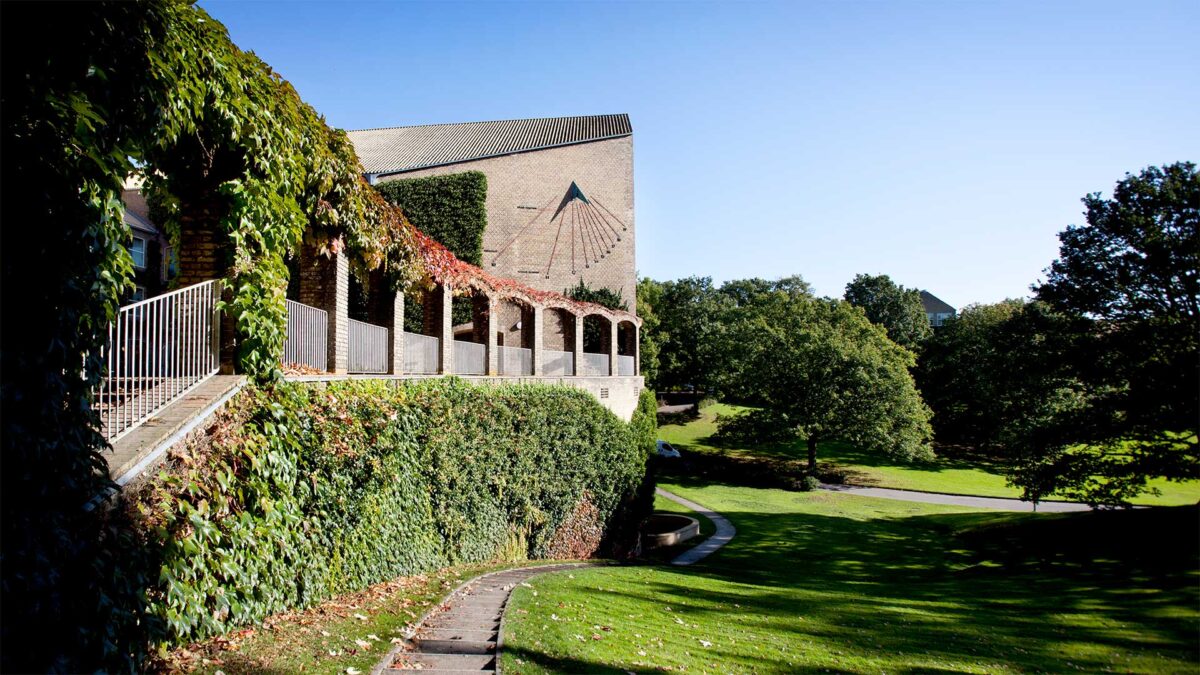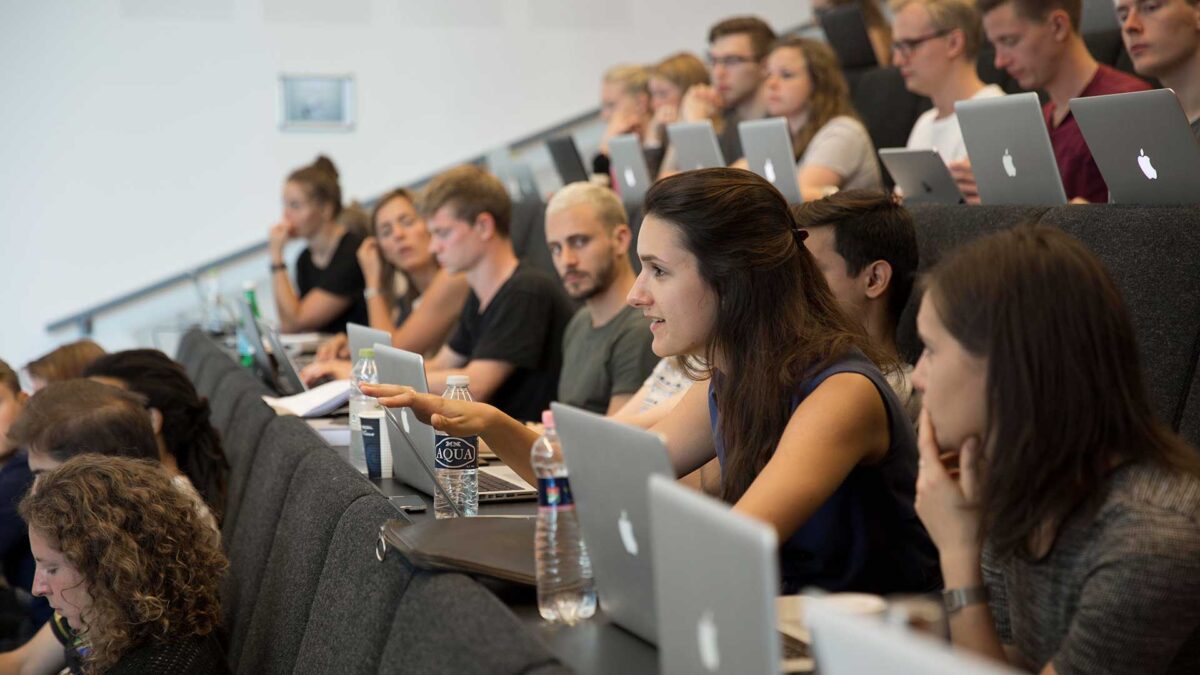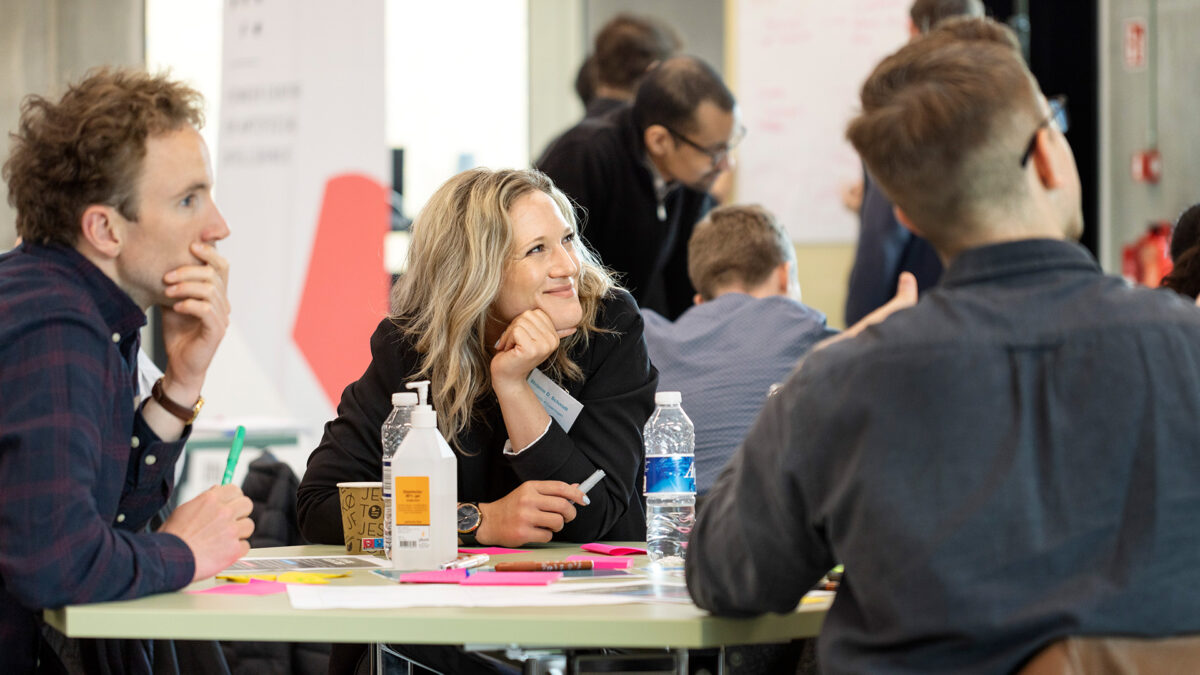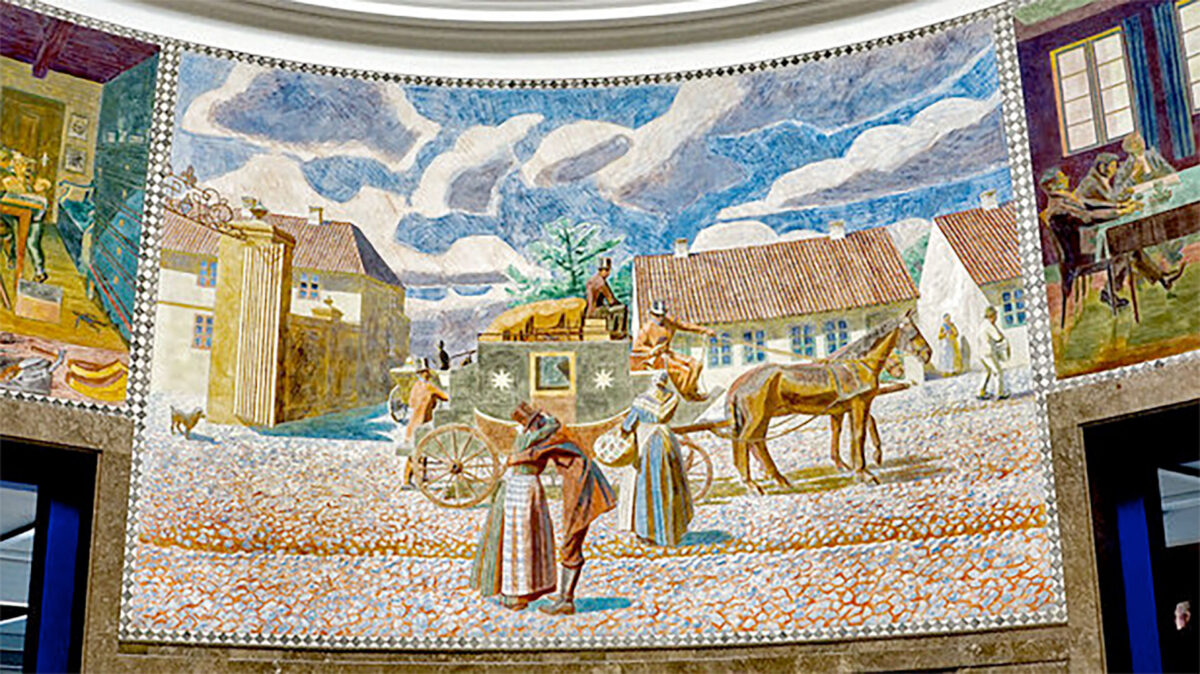Summer School
Aarhus Summer School on Learning Theory
The Aarhus Summer School on Learning Theory brings together top international PhD students to educate them on fundamental topics in theory of machine learning. The summer school takes place in beautiful Aarhus, Denmark.
- Aarhus University TBA
- 19 - 22 August 2024
-
Organizer:
Kasper Green Larsen, Aarhus University - Deadline: 1 May 2024
- Sponsored by DIREC
Aarhus is often mentioned as one of the happiest cities in the world and a hidden gem for travelers. This makes for a relaxing and inspiring environment for excursions, discussions, and collaborations.
Speakers:
Shai Ben-David
Shai Ben-David grew up in Jerusalem, Israel. He attended the Hebrew University studying physics, mathematics and psychology. He received his PhD under the supervision of Saharon Shelah and Menachem Magidor for a thesis in set theory. Professor Ben-David was a postdoctoral fellow at the University of Toronto in the Mathematics and the Computer Science departments, and in 1987 joined the faculty of the CS Department at the Technion (Israel Institute of Technology). He held visiting faculty positions at the Australian National University in Canberra (1997-1998) and at Cornell University (2001-2004). In August 2004 he joined the School of Computer Science at the University of Waterloo.
Amin Karbasi
Amin Karbasi is currently an associate professor of Electrical Engineering, Computer Science, and Statistics & Data Science at Yale University. He is also a research staff scientist at Google NY. He has been the recipient of the National Science Foundation (NSF) Career Award, Office of Naval Research (ONR) Young Investigator Award, Air Force Office of Scientific Research (AFOSR) Young Investigator Award, DARPA Young Faculty Award, National Academy of Engineering Grainger Award, Bell Lab Prize, Amazon Research Award, Google Faculty Research Award, Microsoft Azure Research Award, Simons Research Fellowship, and ETH Research Fellowship.
His work has also been recognized with a number of paper awards, including Medical Image Computing and Computer Assisted Interventions Conference (MICCAI) 2017, Facebook MAIN Award from Montreal Artificial Intelligence and Neuroscience Conference 2018, International Conference on Artificial Intelligence and Statistics (AISTAT) 2015, IEEE ComSoc Data Storage 2013, International Conference on Acoustics, Speech, and Signal Processing (ICASSP) 2011, ACM SIGMETRICS 2010, and IEEE International Symposium on Information Theory (ISIT) 2010 (runner-up). His Ph.D. thesis received the Patrick Denantes Memorial Prize 2013 from the School of Computer and Communication Sciences at EPFL, Switzerland.
Amir Yehudayoff
Amir received his Ph.D. from the Weizmann Institute of Science and was a two-year member at the Institute for Advanced Study in Princeton. He is currently a professor in the Department of Computer Science in the University of Copenhagen, and in the Department of Mathematics at the Technion. His main research area is theoretical computer science, with a recent focus on the theory of machine learning.
Nikita Zhivotovskiy
Nikita Zhivotovskiy is an Assistant Professor in the Department of Statistics at the University of California Berkeley. He previously held postdoctoral positions at ETH Zürich in the department of mathematics hosted by Afonso Bandeira, and at Google Research, Zürich hosted by Olivier Bousquet. He also spent time at the Technion I.I.T. mathematics department hosted by Shahar Mendelson. Nikita completed his thesis at Moscow Institute of Physics and Technology under the guidance of Vladimir Spokoiny and Konstantin Vorontsov.














